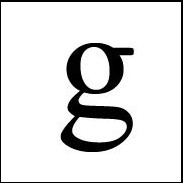Snobbery is the action of a person who thinks he or she is more important or worthwhile than others. The plural form is snobberies.
A person who thinks or acts this way is called a snob. Something can be snobby, snobbier, or the snobbiest.
Another adjective form is snobbish. The adverb form is snobbishly. And the back-formation noun from the adjective is snobbishness.
So in the end, snobbery and snobbishness are synonyms for the same type of behavior.
Examples
Mr. Burke said the objections coming from the affluent in society was “total snobbery,” and invited them to come and witness the homeless problem, first hand. [Irish Independent]
The old snobberies about British films – the ones that sprung up in the mid-’60s to compensate for America’s Brit-worship of the ’40s and ’50s – need to be readdressed. [Buffalo News]
Increasingly, with literary snobbishness on its heels (after all, it’s hard to love a snob), the every-reader seems to be dictating the rules, and the rules of the game are: read more books and win. [Huffington Post]
On ascertaining the title of the book that another person is reading, the thoughtful individual should avoid blurted reactions that betray either snobbishness or insecurity. [The New York Times]
“Food lover” doesn’t quite convey the passion of foodies (it hasn’t trademarked the plural, so I should be on safe ground, legally); “food obsessive” sounds too extreme; “gourmet”, “food connoisseur” and “epicurean” have snobbish connotations; “gourmand” sounds indiscriminating; “chowhound” sounds gluttonous (and besides, it’s the name of a f0odie website, and if Foodie can trademark that word, it wouldn’t surprise me if Chowhound.com has trademarked its name, too). [South China Morning Post]
